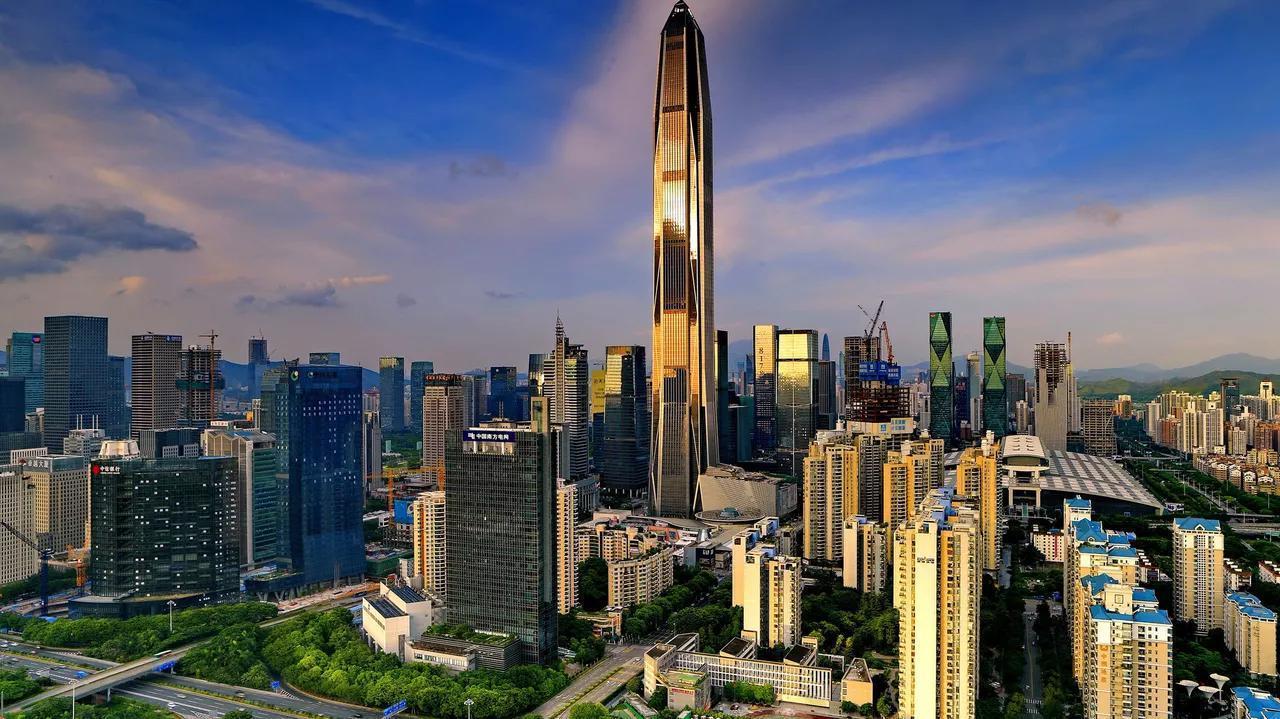Africa-Press – Lesotho. Experts told Sputnik that Western policies have created a “toxic” work environment for many researchers who are more interested in science than in politics, helping drive their migration to China. Beijing could capitalize big on this with more incentives to relocate, but it could bring China and Europe closer together, too.
A recently released report by the US-based company Strider Technologies accused the People’s Republic of China (PRC) of infiltrating Western technology firms and institutions as part of “a machine that facilitates the transfer of European technology and talent to the PRC.
The report notes that over the past 20 years, more than 30,000 senior employees at European technology companies have moved to China, in some cases starting up their own firms to compete with their Western counterparts.
The Chinese Foreign Ministry rejected the report, telling a US newspaper that Strider “has previously published a series of reports full of false information smearing and attacking China. China’s exchange of talent with foreign countries is no different from other countries. ” Jeff J.
Brown, author of The China Trilogy, editor at China Rising Radio Sinoland, co-founder and curator of the Bioweapon Truth Commission, told Sputnik on Thursday that about 40 years ago, “western research became pay-to-play, for-profit and still is.
Brown said that a “venal, toxic and revolting work environment” arose in the years since as a result, adding that “is it any wonder Western professors, researchers and scientists are flocking to China, where science is still pure science, the search for truth lives large, and the sociopolitical ambiance is collegial and relaxed?”
The steady migration of researchers into China makes sense, given the sociopolitical environment and atmosphere in which grants are given. But despite the fears about a Western “brain drain,” Brown noted that “The halls of Western academia and research are still full of professors and scientists.
“China pays very well, it is a safe, clean and modern country, with no garbage and transport strikes, no riots; inflation is low and the sky’s the limit in terms of basic and applied research, with plenty of a-political, non-commercial grant money,” he noted.
“Therefore, where would you like to do your R&D? It’s an easy question to answer.
” Thomas W.
Pauken II, the author of “US vs China: From Trade War to Reciprocal Deal,” a consultant on Asia-Pacific affairs and a geopolitical commentator, told Sputnik that more Europeans moving to China could be highly beneficial for both regions and lead to greater ties between them at a time that Europe is suffering from its proximity to the United States.
However, he noted that in order to coax more European talent to relocate to China, “they have to make it where the Europeans are going to feel comfortable coming and moving to China.
“However, it is important to have European scientists and talents come to China because they have a different cultural mindset and that different cultural mindset can also help Chinese people and Chinese companies have a better understanding of the global markets, as well as the science and tech world outside of China and outside of Asia,” Pauken asserted.
Pauken noted the southern province of Hainan has a High-Tech National Industrial Development Zone “where they’re trying to encourage a lot of foreigners to work.
“Another benefit they have is a lot of duty-free products go through Hainan, and when they do spend in Hainan, they can get tax rebates as well,” he explained.
“Europeans don’t claim they’re interested in money, but you’ll be surprised how often the Europeans are the first to ask for special [tax] treatment.
Maybe it’s because in Europe the taxes are so high, they might be looking for other places to go to improve their living standards and living conditions.
Pauken said that while the migration of high-tech specialists to China could have a big impact on the global tech race, there are still significant obstacles to the kind of exchange that Strider claimed was imminent, especially in the field of proprietary information.
For More News And Analysis About Lesotho Follow Africa-Press






